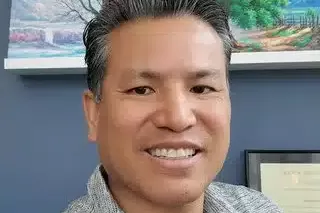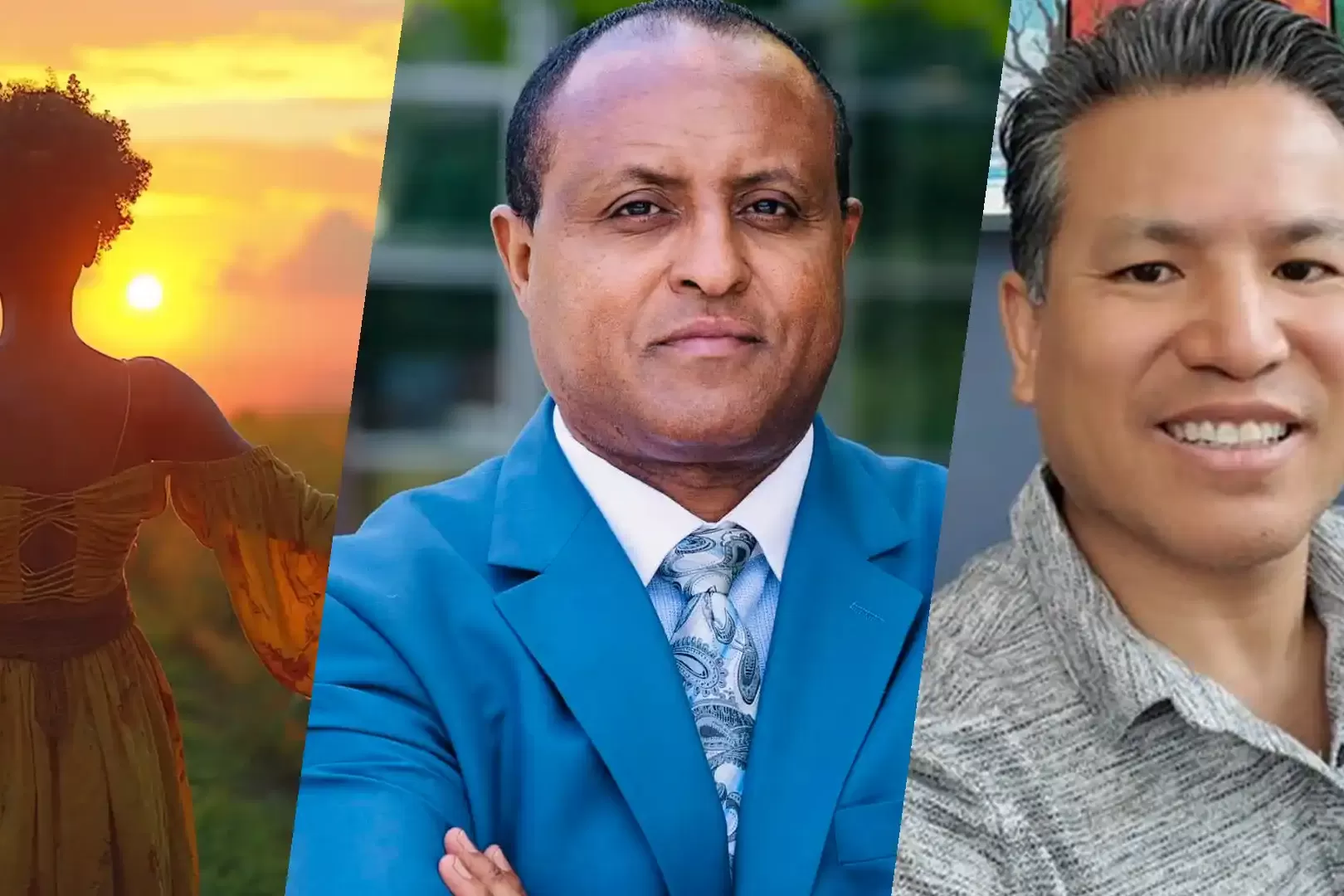Whether new arrivals, permanent residents, or naturalized citizens, African immigrants in the Twin Cities area often encounter obstacles when it comes to addressing mental health concerns and seeking professional care in a new cultural and social context. We sat down with Dr. Abe Gebeyehu, a remarkable school-based mental health practitioner, to learn what it means to lead a community of African immigrants who may need Adult Rehabilitative Mental Health Services (ARMHS).
Before we dive into his thoughts, let’s contextualize African immigrant challenges in the U.S. today.
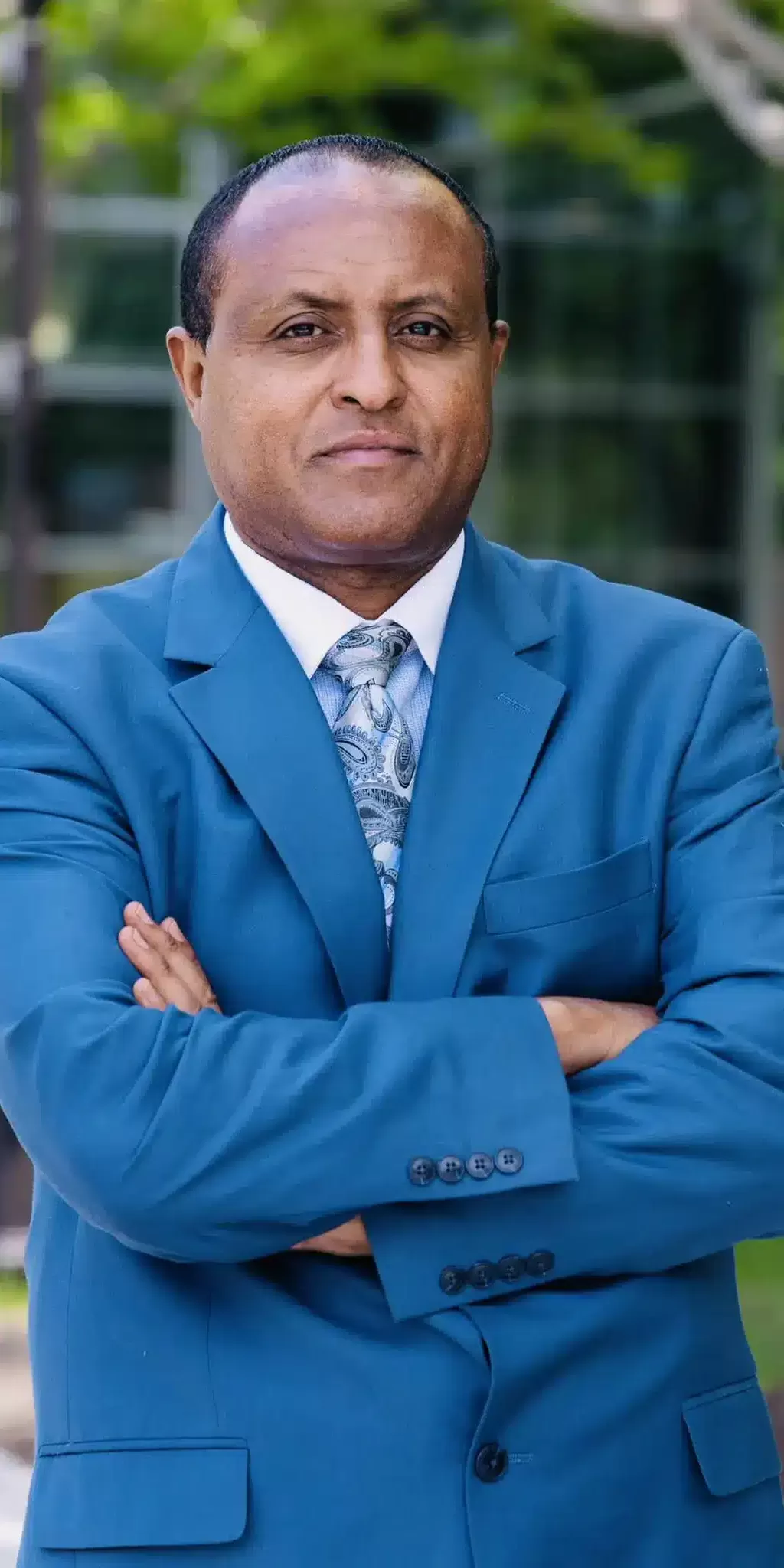
The Biggest Obstacles African Immigrants Face
The United States has long been a destination for individuals seeking better opportunities and for those escaping oppressive conditions in their countries of origin. While the journey of relocation can offer the promises of a brighter future, for the African immigrant and other recent arrivals, it also brings forth a unique set of challenges, particularly in the realm of mental health.
Cultural Stigma and Misunderstanding
One significant challenge faced by African immigrants in the US is the stigma associated with mental health within their own cultural context. Mental health issues are often perceived as taboo or evil, and seeking professional help may be viewed as a sign of weakness or failure. This stigma can prevent individuals from openly discussing their struggles, leading to a reluctance to seek timely and appropriate mental health care.
Cultural differences also contribute to misunderstandings between African immigrants and mental health professionals. The Western approach to mental health may clash with traditional African beliefs and practices, making it difficult for individuals to connect with and trust mental health professionals.
Language Barriers and Limited Access
Language barriers can also present another obstacle in the journey toward mental well-being for African immigrants to the US, further limiting their access to mental health services. For example, individuals may struggle with English proficiency, hindering their ability to communicate their thoughts and emotions effectively. This can lead to misdiagnoses, misunderstandings, and a lack of culturally competent care, exacerbating the challenges faced by those seeking mental health support.
Financial Constraints
Financial considerations carry the potential to pose yet another challenge for African immigrants seeking mental health care in the United States. The cost of mental health services coupled with the potential lack of insurance coverage can create significant barriers to access. Individuals can find themselves unable to afford the necessary treatment, leading to delayed or inadequate care that can have long-term consequences for their mental health.
Social Isolation and Acculturation Stress
The process of acculturation (adapting to a new culture) can contribute to heightened stress and mental health challenges for African émigrés. Social isolation, discrimination, and a sense of not belonging can exacerbate feelings of loneliness and anxiety. The lack of a support system and a familiar community can further compound mental health struggles, making it crucial for mental health professionals to address the unique socio-cultural aspects of their experiences.
Knowing what these obstacles cost emotionally and mentally, Dr. Abe Gebeyehu, leads his community through them—and you can too.
Dr. Gebeyehu: Local Mental Health Pioneer
Dr. Abe Gebeyehu is a school-based Mental Health Therapist at Kofi Services, a Wilder Foundation organization in the Minneapolis-St. Paul area, where he is considered a mental health pioneer in the local community. His is a story of what it means to be a leader in his field, and how other community leaders can be empowered to normalize mental health in immigrant communities.
Kofi Services is a culturally specific, school-based mental health program for African-American youth in grades 2 through 8 and their families who are experiencing difficulty in school, personal relationships, or other areas of their lives.
“I’ve worked in mental health for the past five years in Saint Paul, where I live,” Dr. Gebeyehu says. “I work with children and families of African heritage at school, at home, and community. I’ve worked with people who have gone through severe mental health crises, struggled with family adjustment, and endured trauma.”
When meeting his client’s needs, Dr. Gebeyehu believes in taking a patient-centric approach with a structural treatment focus. “I visit families where they are and bring in other resources when further services are required, acting as a connection between the school and the family, supporting when obstacles to achievement occur.”
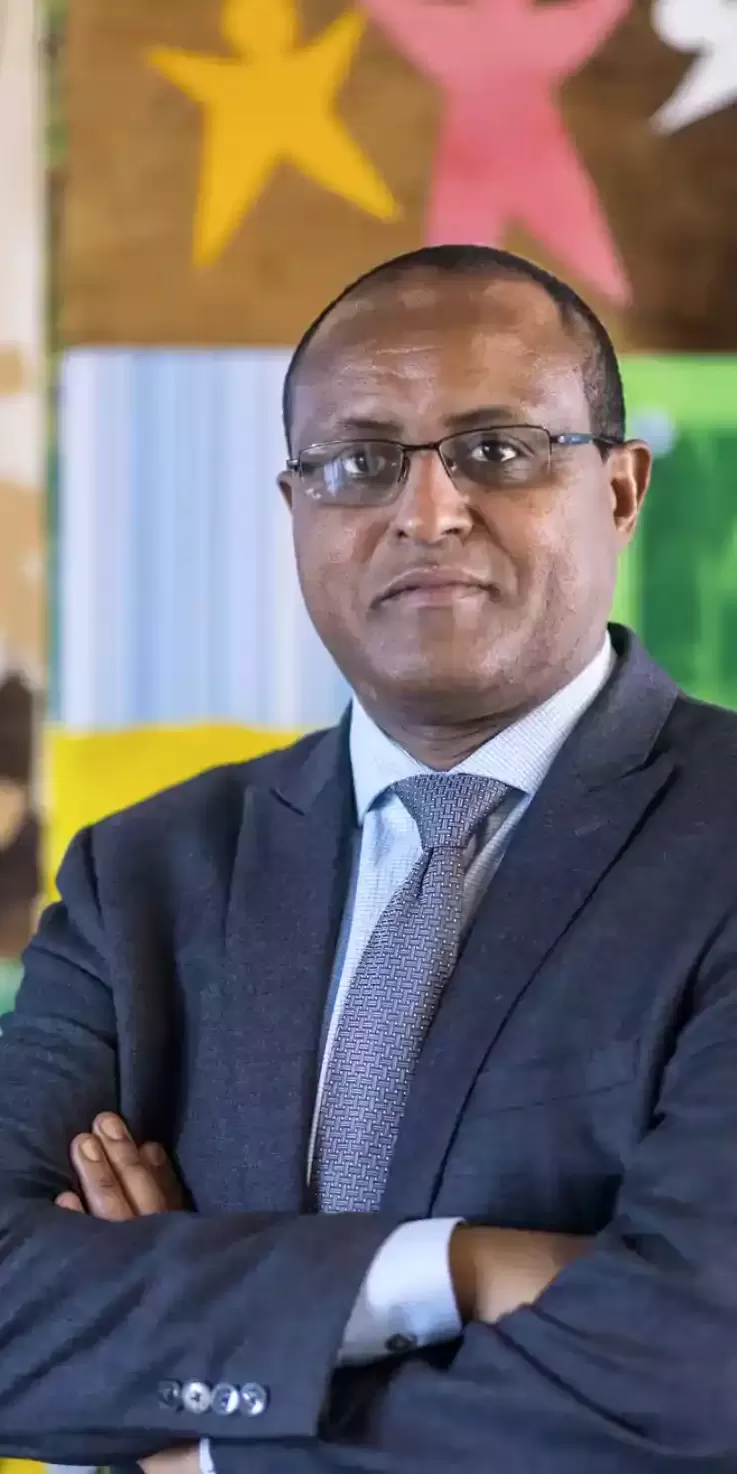
Dr. Abe and ARMHS
Adult Rehabilitative Mental Health Services (ARMHS) is a recovery-based rehabilitation program that helps people develop and improve their medical and psychiatric stability in a variety of areas, including mental illness symptom management, interpersonal communication, household management, medical care, and relapse prevention. ARMHS is an important component within Dr. Gebeyehu’s overall work, since many of his young clients will be adults before very long, and their adult family members are often faced with the same challenges as youth of African heritage.
Dr. Gebeyehu believes that it is extremely important to teach African-American students about their heritage and history as well as address the mental and emotional issues with which they struggle. “Working in individual and family sessions with African-descent clients to educate them about African-American history allows my African-American clients to gain a better understanding and appreciation for the contributions of African-Americans to the world we live in today,” he says, “as well as to develop strong self-esteem and self-configuration and minimize identity crises. This is critical for our community’s future acceptance, cohesiveness, and inclusiveness.”
Fostering a Deeper Understanding… on Both Sides
Dr. Gebeyehu also maintains that it is crucial to attentively address mental health issues in communities comprised of those of African heritage, whether or not they are new arrivals. That said, the challenges that new African immigrants face, coupled with a scarcity of mental health professionals who understand the cultural nuances and practical problems faced by people in these communities continue to present challenges, both to clinicians and immigrant populations.
“By not discussing mental health,” Gebeyehu says, “we contribute to the stigma that surrounds it. Some of the negative consequences of stigma include discrimination and a lack of understanding from family, friends, coworkers, or others. When we promote mental health, we help people improve their health and well-being, develop positive self-esteem, and become valued and contributing members of their communities.” Promoting mental health education and resources also helps people build resiliency, he says, allowing people to cope better with life’s adversities.
“From my perspective and philosophy,” he says, “culture is mental health because cultural awareness promotes successful communication, social integration, and the development of solid therapeutic alliances with clients. Embracing cultural differences enriches the therapy experience, improves patient outcomes, and lowers the stigma surrounding mental health issues. Working cooperatively to understand and respect cultural ideas and values can help mental health professionals create a more inclusive and supportive mental health landscape for everyone.”
Dr. Gebeyehu also stresses the importance of cultural knowledge in healing mental health issues, something that has become of increasing concern in the industry, particularly with regard to immigrant communities.
How African Immigrants are Protected in Safeway Home Healthcare’s ARMHS Program Safeway and ARMHS
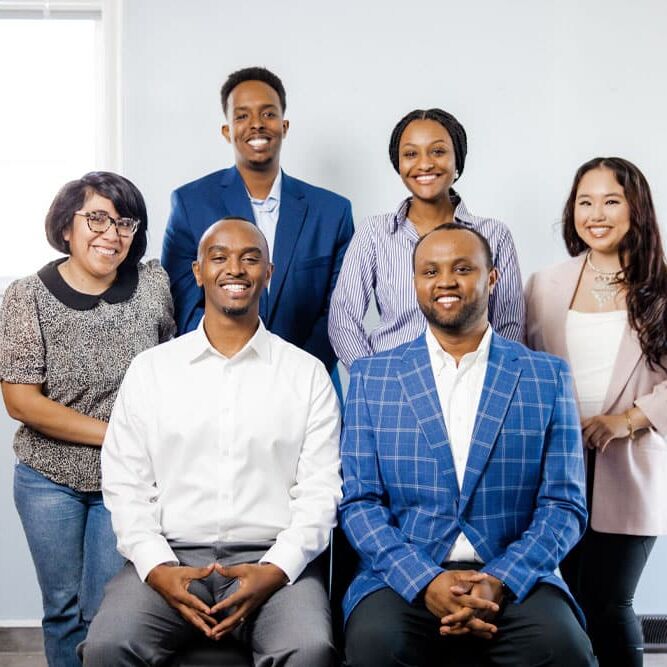
The challenges faced by African and other immigrants in the US regarding mental health underscore the importance of a holistic and culturally-sensitive approach to mental health care. Since Safeway Home Healthcare’s mission and values foster cultural integration and provide superior service for its clients in a respectful, professional, and priority-oriented manner, they are a valuable asset to the community within the context of the ARMHS program.
At Safeway Home Healthcare’s Adult Rehabilitative Mental Health Services (ARMHS), our services are uniquely tailored to address not only adult mental health issues but also the cultural challenges faced by recent arrivals.
We work tirelessly to alleviate the stigma and fears that often arise in those seeking help. We are committed to ensuring that those in the African immigrant community in the Twin Cities area feel heard, understood, and supported in their efforts to secure compassionate care in the area of mental health.
What Do We Offer?
We offer a holistic approach to mental well-being. Our comprehensive mental health services encompass a wide range of support.
- These include but are not limited to:
- Budgeting and financial management skills
- Developing a healthy lifestyle, including nutrition and exercise
- Anger management techniques
- Interpersonal and social skills
- Emotional regulation strategies
- Transportation assistance
- Decision-making support
- Behavior, emotion, and thinking management
- Coping mechanisms and self-care techniques
- Home management guidance
- Mindfulness and self-awareness practices
- Motivational skills
- Relationship management support
- Parenting skills development
- Employment planning and support
- Educational guidance
- Stress and worry reduction techniques
- Relapse prevention and harm reduction strategies
If you or a loved one would like to be connected with our dedicated team of professionals to learn more from our Safeway team.
You or a loved one can achieve greater independence and a fulfilling life in your Twin Cities community. Learn more here.
Supporting individuals throughout their most difficult times, ARMHS not only addresses mental health issues, but also the cultural challenges faced within immigrant communities in the Twin Cities area. Click here if you or a loved one would like to be connected with our dedicated team of professionals to learn more about achieving greater independence and a more fulfilling life.
Share
Subscribe To Our Newsletter
Safeway HHC Contributors
Our dedicated team of home health care professionals works closely with clients and their families to develop a personalized care plan that reflects their values and priorities. We strive to empower our clients to take an active role in their care and to make informed decisions about their health and well-being.
Related News
April 11, 2024
Trauma and Keo, a Licensed Professional Clinical Counselor
Cultural stigma, misunderstanding, language barriers, financial constraints,…
March 25, 2024
Emeldah: The Strength It Takes to Seek Mental Health Help
Emeldah Mwansa is a 68-year-old mother of three adult children and four…
March 17, 2024
3 Mental Health Voices in the Twin Cities Immigrant Community
For many years, the United States has been a destination for individuals…
